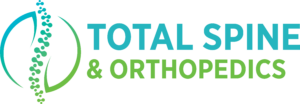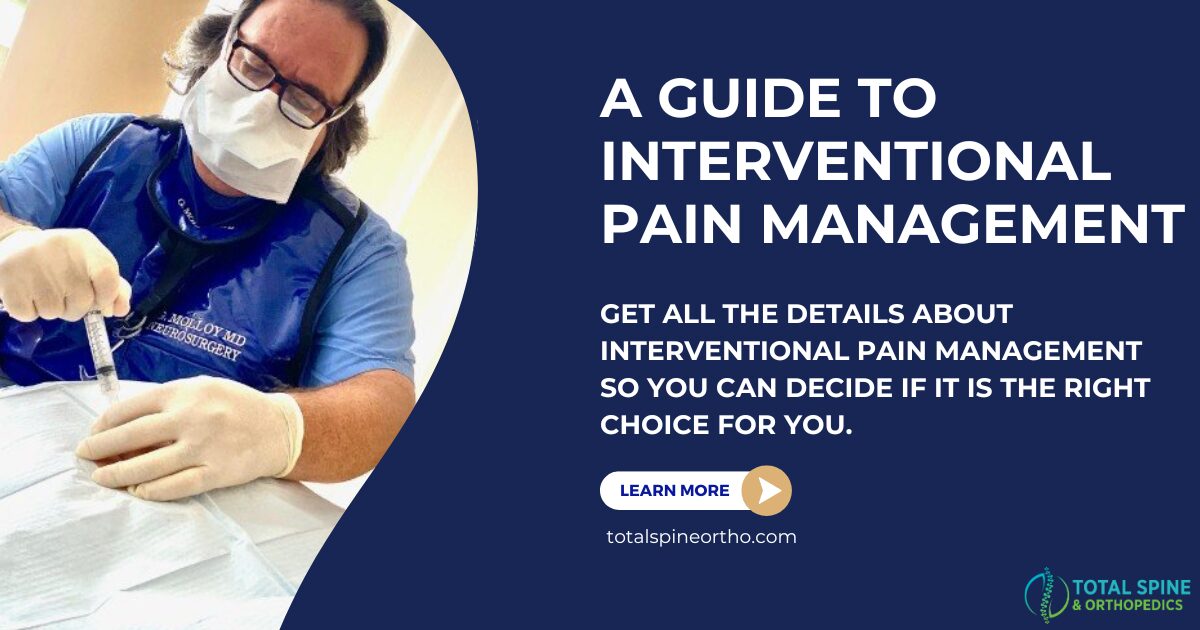Interventional pain management is a specialized approach to treating chronic pain through minimally invasive procedures. This method focuses on directly targeting the source of pain, offering effective relief and improved quality of life for many patients.
Understanding Interventional Pain Management
Interventional pain management involves various procedures designed to treat pain at its source. Unlike traditional methods that rely heavily on medications, these techniques aim to provide targeted relief through precise, minimally invasive procedures.
Key Techniques in Interventional Pain Management
Epidural Steroid Injections: These injections aim to reduce inflammation and alleviate pain in the spinal nerves by delivering corticosteroids directly into the epidural space around the spinal cord.
Nerve Blocks: By injecting anesthetic or anti-inflammatory medication near a nerve or group of nerves, nerve blocks temporarily block pain signals, providing both pain relief and diagnostic information.
Radiofrequency Ablation (RFA): This technique uses heat generated by radio waves to destroy specific nerve fibers, preventing them from transmitting pain signals. RFA offers long-lasting relief, typically for six months to a year.
Facet Joint Injections: These injections treat pain from arthritic or inflamed facet joints in the spine. The procedure involves injecting anesthetic and steroid medication directly into the facet joint to reduce pain and inflammation.
Spinal Cord Stimulation: This involves implanting a small device that sends electrical pulses to the spinal cord, interrupting pain signals before they reach the brain. It provides significant pain reduction and can be adjusted to meet the patient’s needs.
Benefits of Interventional Pain Management
Interventional pain management offers several key benefits:
- Targeted Relief: Procedures are designed to address the specific source of pain.
- Minimally Invasive: Most techniques involve small incisions and are less invasive than traditional surgery.
- Quick Recovery: Patients typically experience shorter recovery times and can return to normal activities sooner.
- Reduced Dependency on Medications: These techniques can reduce the need for long-term use of pain medications, minimizing potential side effects and dependency issues.
When to Consider Interventional Pain Management
Interventional pain management may be suitable for individuals who have chronic pain that has not responded well to conservative treatments such as physical therapy, medications, or lifestyle changes. It is also a viable option for those experiencing significant pain that interferes with daily activities and quality of life, and for those looking for alternatives to long-term medication use or major surgery. Conditions such as herniated discs, spinal stenosis, arthritis, or nerve-related pain are commonly treated with these techniques.
At Total Spine and Orthopedics, our team of board-certified physicians specializes in interventional pain management. We offer state-of-the-art techniques to address your pain at its source. Our personalized approach ensures that each patient receives the best possible care tailored to their specific needs. If you're ready to explore advanced pain management solutions, contact us today to schedule a consultation and take the first step towards a pain-free life.


